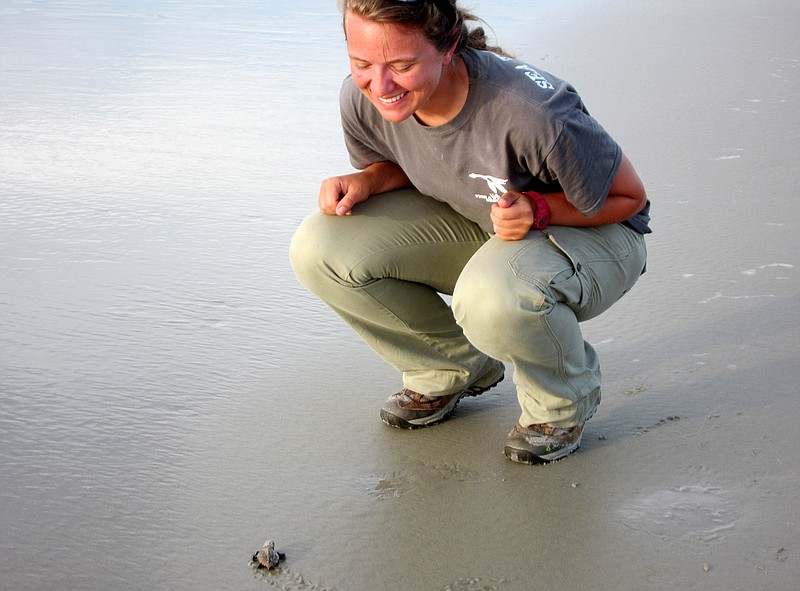ATLANTA - Federal wildlife officials are teaming up with a conservation nonprofit to raise awareness about wildlife trafficking in an attempt to decrease demand for endangered species and related products in the United States.
An awareness campaign kicks off Wednesday and aims to educate American travelers about the negative effects of wildlife trafficking, the extent of the United States' role in this illegal trade and how some travelers may be unwitting participants.
"The idea here is to make a concerted effort to reach consumers and get them to understand the impact that their behavior has on wildlife," U.S. Fish and Wildlife Services spokesman Gavin Shire said.
The U.S. is one of the biggest markets for illegal wildlife tracking in the world because it has the largest economy but also because of its diverse and wealthy population, said Peter Knights, executive director of WildAid, a nonprofit devoted to reducing the demand for wildlife products.
"When people think about wildlife trafficking, they think about China, they think about Africa," Knights said. "They don't think about the United States, and I think a lot of people are just not aware of the role that we play, whether it's buying something that has a little piece of ivory in it or a turtle shell."
The U.S. is also involved in all aspects of the trade, Shire said. Some products, like turtle eggs, are smuggled out of the country, while other products are smuggled in. It's also a transit nation, with many illegal wildlife products simply passing through the country's major airports.
The awareness campaign - which is set to include public service announcements, billboards and social media postings - launches Wednesday with media events at airports in Atlanta and Los Angeles.
It focuses on people who may encounter wildlife products for sale openly in other countries - either because the sale is legal in that country or because laws prohibiting the sale there are not enforced - and may not realize that bringing those products back to the U.S. is against the law, Knights said.
Trafficking in wildlife products is problematic in part because it causes stresses - and can even contribute to extinction - for animal populations that already are threatened by other human activity, Shire said. It also has provided funding for violent insurgent groups in African and threatens tourism revenues tied to wildlife in some countries, he added.
The trafficking of live animals results in the death of many animals during capture or transport and can also spread diseases to domestic animals, Knights said.
Depending on the offense, those caught engaging in wildlife trafficking can face fines, forfeiture of related goods and even prison time.
"Historically, wildlife crime was not looked upon as something that would ever result in a jail sentence, and certainly in the U.S. that is changing," Shire said, citing a number of recent cases that have led to multiyear prison terms and high fines.
